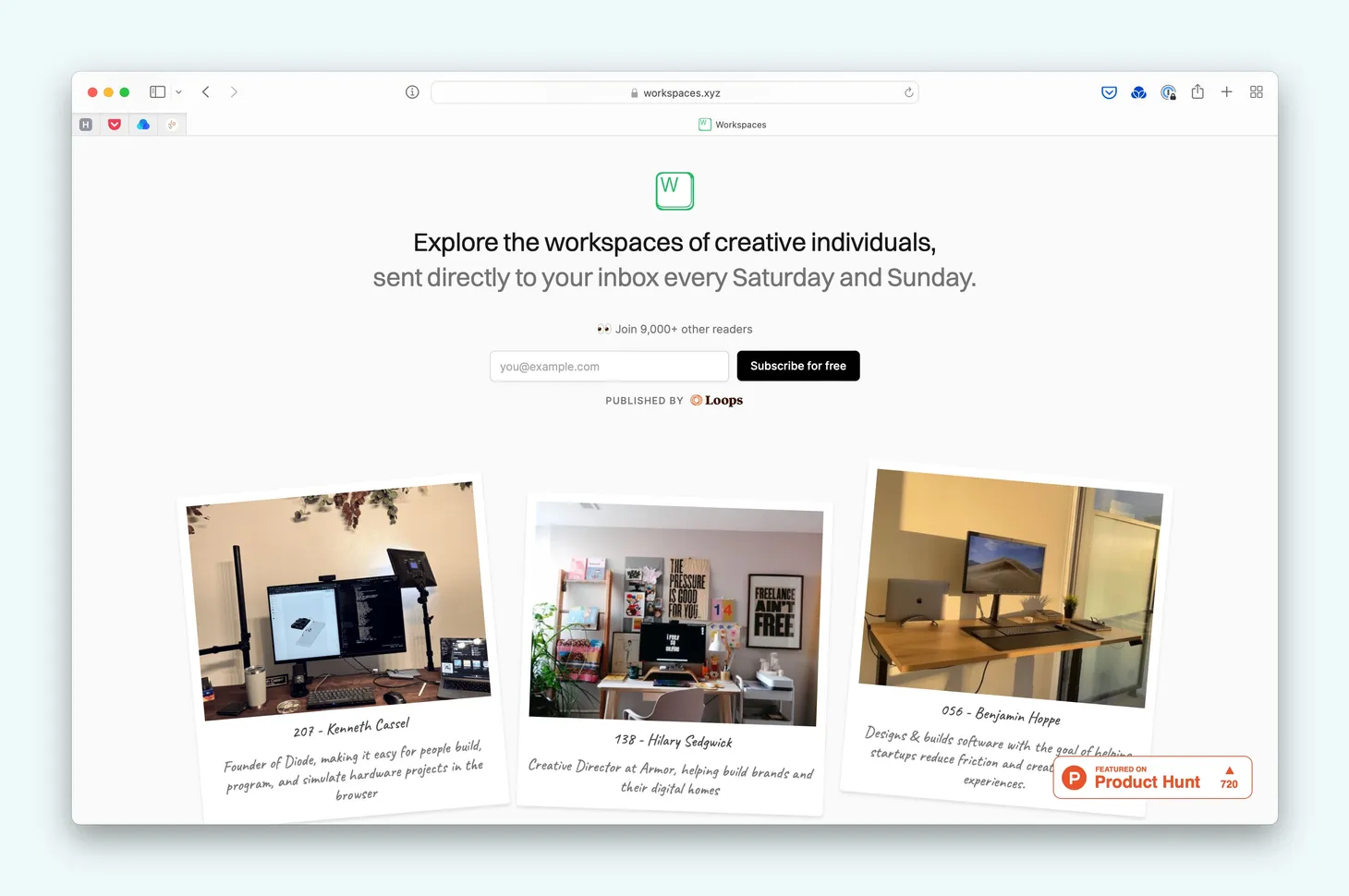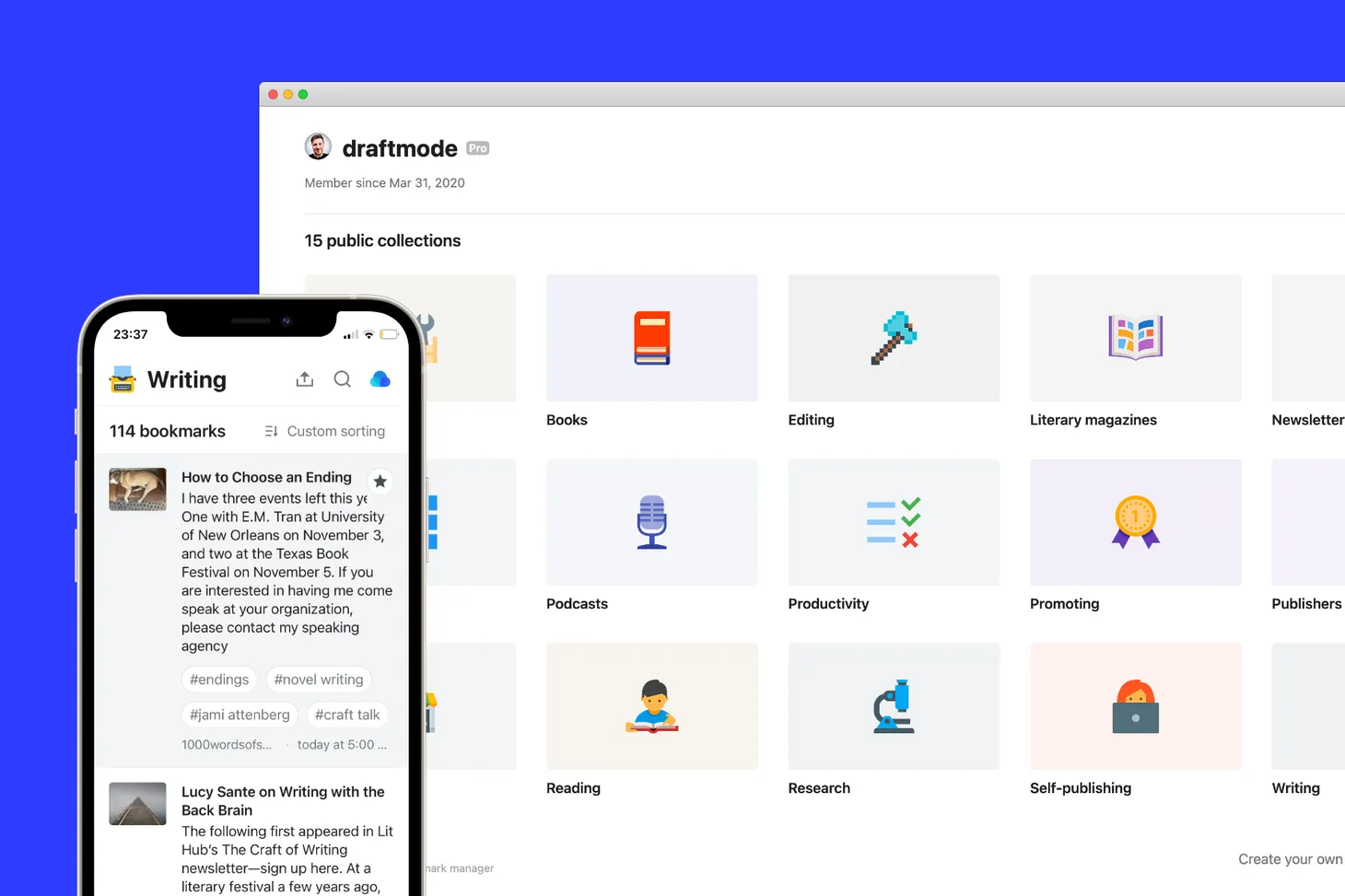Are you a planner or a pantser?
How I changed my approach to novel planning


One of the things I’d like to do in this newsletter is answer some of your writing and publishing questions. Here’s one I got from Lorna who kindly asked the following.
Do you make a rough plan of your fiction or do you just get writing and see where it takes you?
Before I answer that, someone coined a phrase for these things. If you make a plan then you’re a planner. Makes sense. If you just get stuck into it without a plan, then you are, it seems, a pantser. As in, you prefer to fly by the seat of your pants.
My short answer is this: I used to be a pantser, now I need to plan. But let’s go back a bit and explain why that changed.
I wrote A is for Angelica as part of my MA Writing course, which meant that I was somewhat obliged to write 10,000 words if I was to achieve the the initial Certificate part of the course. The Diploma required 40,000 words and then to achieve the actual MA qualification, it had to be a full-on finished novel.
I can tell you that having this structure is very helpful. For all the criticism MA programmes get, you really can’t beat a good deadline tied to a word count to get you in the mood for writing.
So yes, that rather helped with motivation. And I basically just started writing the characters and finding the voice. The only thing I knew I wanted to end of those first 10,000 words with a good cliffhanger – a surprise that showed I could do surprises.
And it worked! That submission got positive feedback and the writing world lay at my feet – just write what comes into your brain box – it’s easy!
Reality hit soon after. I quickly realised that I had no idea what the novel was truly about. What was I trying to say? Where was it all going? And quite literally – what should happen next?
Effectively, flying by the seat of my pants worked until I had to turn the blasted thing into an actual novel. The timeline needed to be plausible. The characters had the cheek to need placing in specific places at specific times. The whole timeline had become a mess and it was only then that I began to make a plan.
But I didn’t go wild with it. I wanted to retain that sense of freedom that saw me get off to a flying start and so I only really planned three of four chapters ahead. It was enough to feel like I had a hold on things while still writing freely. Oh – and I developed my own Post it note system to do so (see picture above).
So what about now? Well, different times, different problems. I have tried pantsing on this second novel but the wider issue is one of momentum. You need to write every day to make it up as you go along and still have a sense of where you are with things. I’m not in a position to do that.
With kids and work I have struggled to wing it. And so I am currently in the process of taking all the odds and ends I’ve written over the last few years and putting them into a spreadsheet. I’m going all-out planner to help me understand what’s going on, even if it’s been a week or more since I last worked on the book.
There are so many factors that affect your ability to write fluently and structure a novel at the same time. As with all writing advice, I say try a bit of everything and see what works for you. And accept that whatever works now can one day change.
Got a question for me? Email hello@iainbroome.com and I shall happily do my best to provide some sort of sensible answer.
So last week went well
A huge thank you to everyone who emailed with kind words or shared last week’s Unslush launch post on Twitter. Substack tells me more than 1000 people have viewed the issue so far and this week’s issue is going out to more than 50 new subscribers.
Hello new people (👋)!
I also said last week that it would be great if enough people clicked or tapped the little heart icon (❤️) at the bottom of the email to get Unslush on the Substack top posts leaderboard. And you did it! For a moment there, we were quite literally in the top 10 emails in the entire world, which is definitely how it works.
Can we go top five this week? I mean, can we? Shall we try? Yes. Yes. Please.
Links of the week
Every issue I collect and share the best advice, apps and other shenanigans that I find on my internet travels. If you like these, you’ll like The Daily Unslush too.

Forest - Stay focused, be present
A past recommendation, but it’s just about the only productivity app like this that I ever use, though not on a regular basis. It’s basically a pomodoro timer that you can set to chunk up your working time.
There are lots of those around but this one looks pretty and allows you to plant virtual trees that, should you stick at it, turn into a fine horticultural collection. And the app maker’s plant trees in real life when you plant yours. Pretty cool!
Here’s another fine edition of author Nikesh Shukla’s writing tips newsletter. This one is all about the editing process and provides a step-by-step approach that I rather agree with. I especially like step two:
Read it. Take a week to experience your book as a reader. Read it through. In its entirety. Don’t make any notes. Do not mark the page. DO NOT edit as you go. Just read it and experience it as a reader might for the first time.
Personally, I prefer the editing process to writing. I like to have something there to work with. If that’s not you though, I recommend you try Shukla’s advice. It makes a lot of sense.
The Key Book Publishing Paths: 2019–2020
Apparently, Jane Friedman has been keeping this incredibly handy document up to date since 2013. I only saw it recently and it’s a fantastic illustration of all the options open to you as a writer if you want to get your book to market, whatever that entails. There is a PDF you can download or if you just want to read good old-fashioned words, the entire text is published on Jane’s site.
Book Amp – a newsletter for literary festival organisers
Pretty niche as newsletters go, but I rather enjoyed the first couple of issues. So far I’ve learned about a new podcast, small publisher and read the curtest yet most informative interview I’ve ever read about putting on a literary festival programme.
Explore the list of 100 Novels That Shaped Our World
The BBC has commissioned a pretty stellar lineup of book folk to share this list, which comes with 10 categories. It’s an interesting list because lists do indeed tend to be interesting. But isn’t there more to it? I’d love to be able to click on the books to find out more about them, or hear the panel talk through their decision-making process.
This is a tool I have linked to before, but I’m about to get stuck into it myself so thought I’d remind you too. It’s great for making mind maps to visualise your thinking and make plans. You might also like to give Whimsical sticky notes a try or make yourself some flow charts.
How to make a zine – The Creative Independent
I’ve been reading up on how to make a zine, which is typically a small-run physical booklet of some kind. I’d love to edit or even write my own little publication, but I am doing my best to file this under lovely idea in practice but come on man this is ridiculous you don’t have the time for this. You might have the time though. This is how you do it.
How 11 writers organise their personal libraries
In some ways this article on Lit Hub is 100% an excuse to publish some pictures of authors standing next to their bookshelves. The thing is – I am fine with that. There are some interesting words in this piece too, I’m led to believe.
6 Tips For Talking To Kids About Climate Change
My seven-year-old twin boys love nature and animals and dinosaurs and space and all that jazz. They also really enjoy watching the various BBC wildlife documentaries written and narrated by David Attenborough. There is a new one on TV at the moment that is excellent, but comes with a much stronger message about climate change.
My boys know about climate change. They watch the shows, touch on it at school and we’ve spoken to them about it . But I’m never entirely sure if the way I’m speaking to them is the right approach (hello all parents everywhere). I found this article really useful and have taken a lot of it on board.
Tweets of the week
Tweets are but small specks of stupidity in a world full of tripe. But some of them are quite good. You can follow @iainbroome and @unslush on Twitter if you want.
First time reader?
If you are new to me and this newsletter, please feel free to join us and subscribe to get future correspondence right in your inbox. You can read a short bio on my website, where you can also find out more about my debut novel.
Join 1700+ subscribers
I send Draft Mode, a monthly newsletter about writing, creativity, publishing and making things on the internet. Pop your email address in the box to join us.




